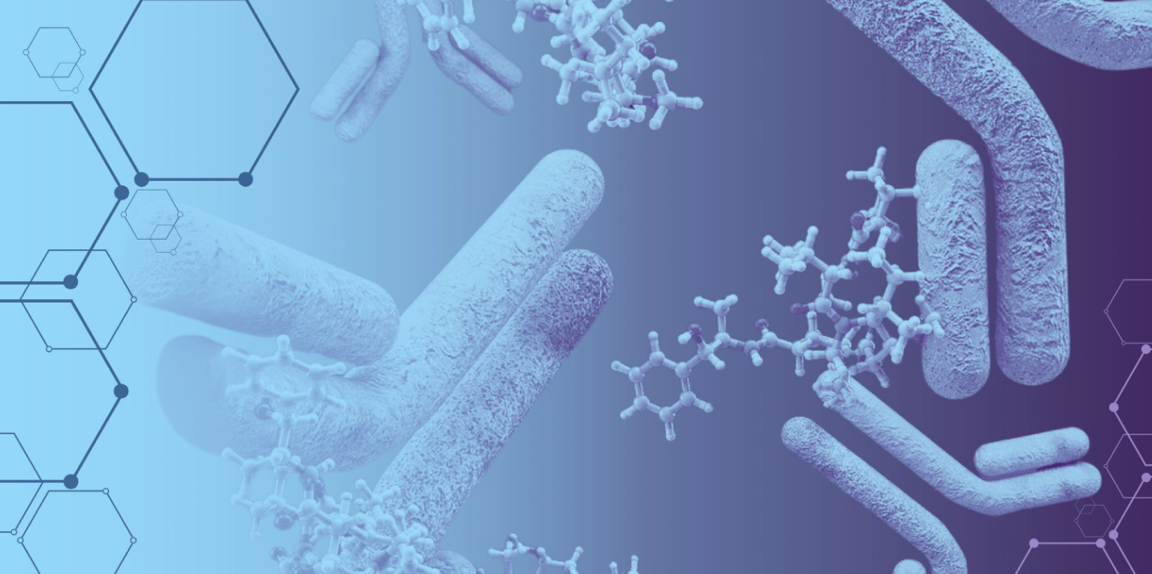Antibody-Drug Conjugates (ADCs) are transforming cancer treatment by harnessing the precision of antibodies combined with highly potent cytotoxic agents to target cancer cells directly. This targeted approach significantly reduces damage to healthy tissue, enhancing treatment effectiveness and patient quality of life. As we witness rapid advancements in ADC technologies, the market is experiencing unprecedented growth, driven by groundbreaking innovations, increased research activities, and strategic collaborations within the pharmaceutical industry.
The ADC market is currently on a steep growth trajectory, projected to increase from approximately $7.72 billion in 2025 to a remarkable $23.3 billion by 2035. Several factors contribute to this explosive growth, including an expanding pipeline of clinical trials, technological advancements in ADC design, and significant industry investment. Companies are continuously exploring and refining ADC platforms to optimize therapeutic efficacy, improve safety profiles, and broaden clinical applications.
Key trends currently shaping the ADC market include:
- Bispecific ADCs: A notable innovation in ADC technology involves the development of bispecific antibody-drug conjugates capable of binding two different antigens simultaneously. This dual-targeting approach enhances tumor specificity, improves therapeutic outcomes, and can significantly mitigate drug resistance—a critical issue in traditional cancer therapies.
- Payload Diversification and Innovation: ADC payloads have evolved beyond traditional chemotherapy drugs to include advanced cytotoxic agents, immune modulators, and targeted protein degraders. This diversification significantly broadens therapeutic possibilities, enabling more personalized and precise treatment regimens tailored to individual patient profiles and specific cancer types.
- Expansion into Non-Oncological Indications: Although ADCs were initially developed primarily for oncology applications, their unique mechanism of action is increasingly being investigated for autoimmune diseases and other conditions. This trend expands the therapeutic potential of ADCs beyond cancer, highlighting their versatility and effectiveness in a broader spectrum of diseases.
- Strategic Partnerships and Collaborations: The growth of ADCs is heavily supported by strategic partnerships and licensing agreements within the pharmaceutical industry. High-profile collaborations and multi-billion-dollar deals underscore the confidence in ADC technology and facilitate rapid advancements in research, development, and commercialization. Such alliances streamline processes from discovery through clinical development to market entry.
- Regulatory Momentum and Increased Approvals: The ADC landscape is witnessing increasing regulatory support, evidenced by a growing number of ADC approvals by major agencies such as the FDA and EMA. This regulatory momentum underscores the therapeutic value and potential of ADCs, attracting further investment and enhancing market confidence.
Looking toward the future, ADC technology holds immense promise for revolutionizing cancer treatment paradigms and beyond. As advancements continue, ADCs are positioned to play a critical role in precision medicine, offering unprecedented opportunities to tailor treatments specifically to patient and tumor characteristics. Continued investment, innovative research, and clinical validation are expected to solidify ADCs as a transformative force in oncology and diverse therapeutic areas, ultimately improving outcomes and providing hope to countless patients worldwide. At TD2, our extensive ADC expertise and comprehensive suite of preclinical and clinical services uniquely position us to accelerate ADC development and advance promising ADC pipelines from concept to market.



